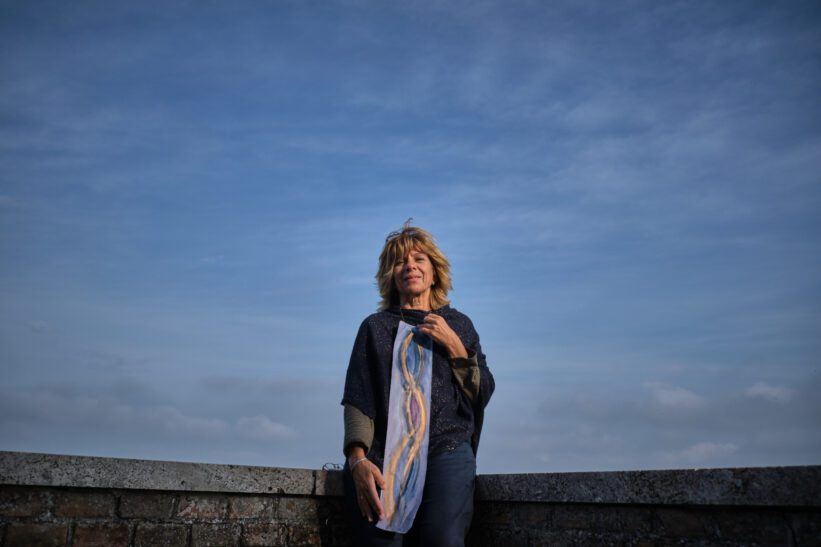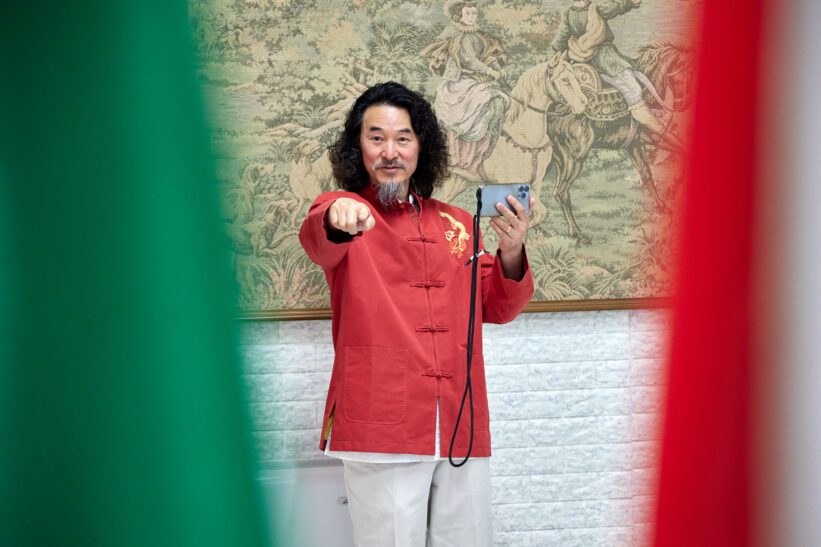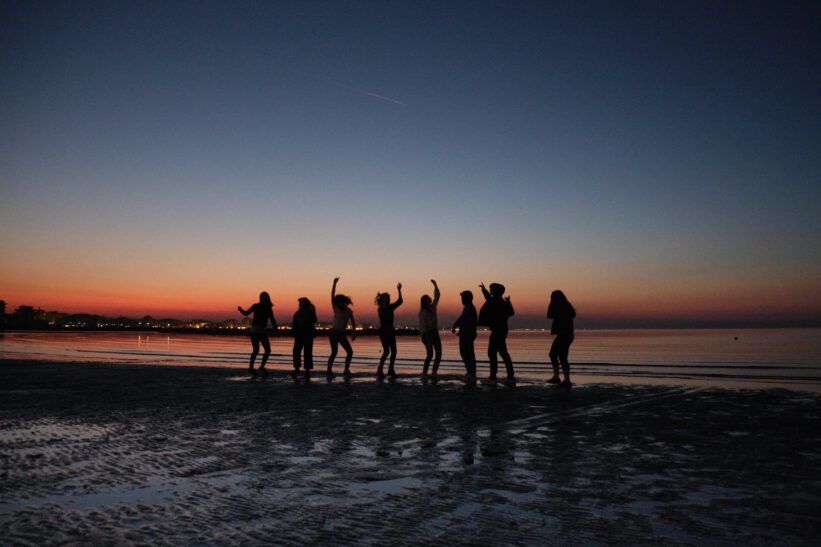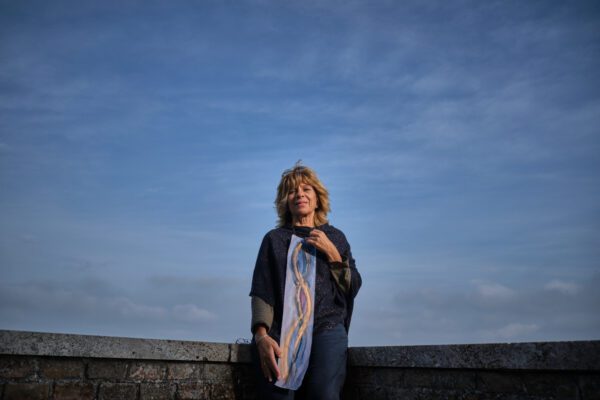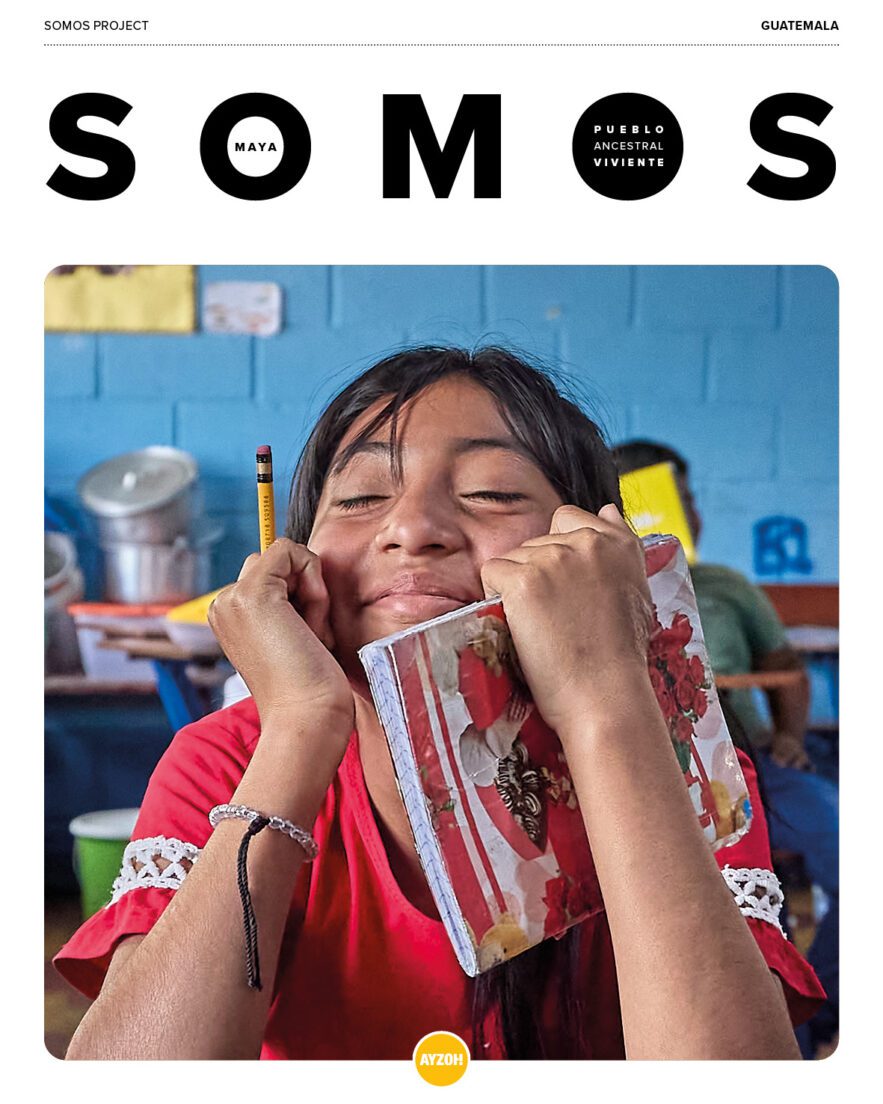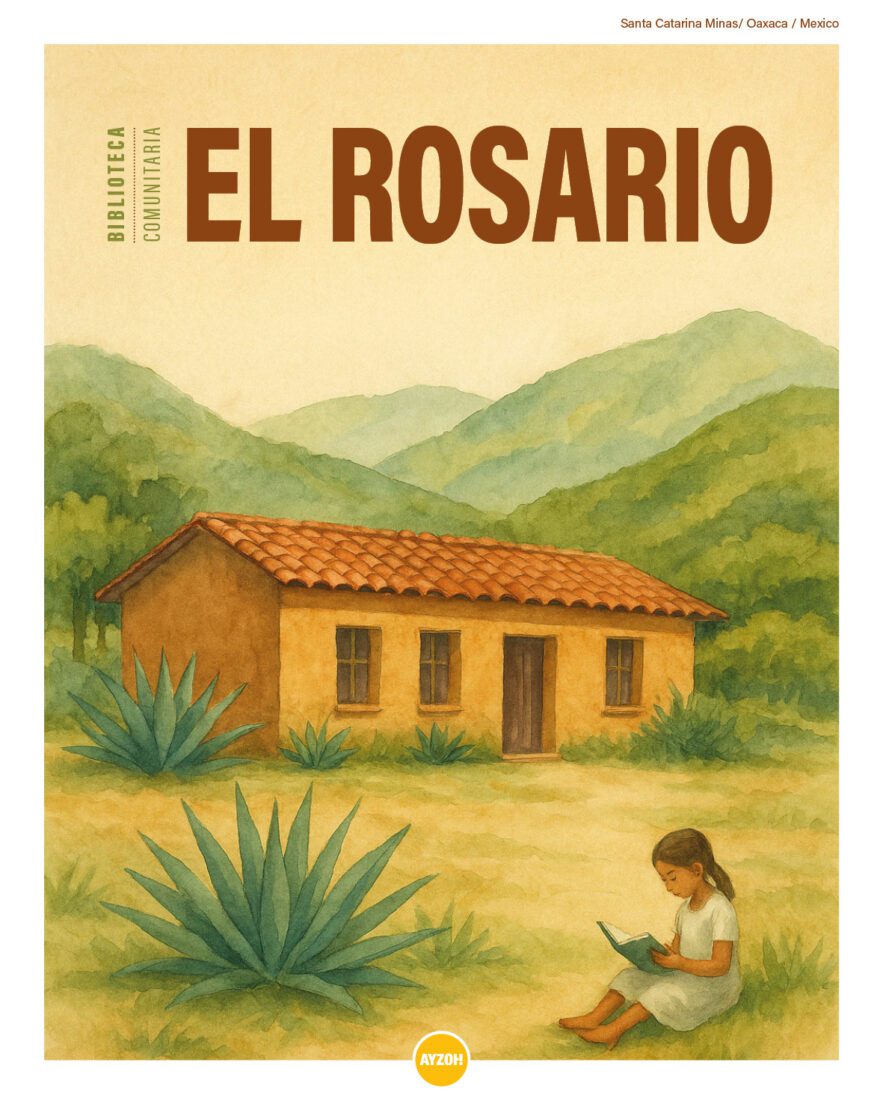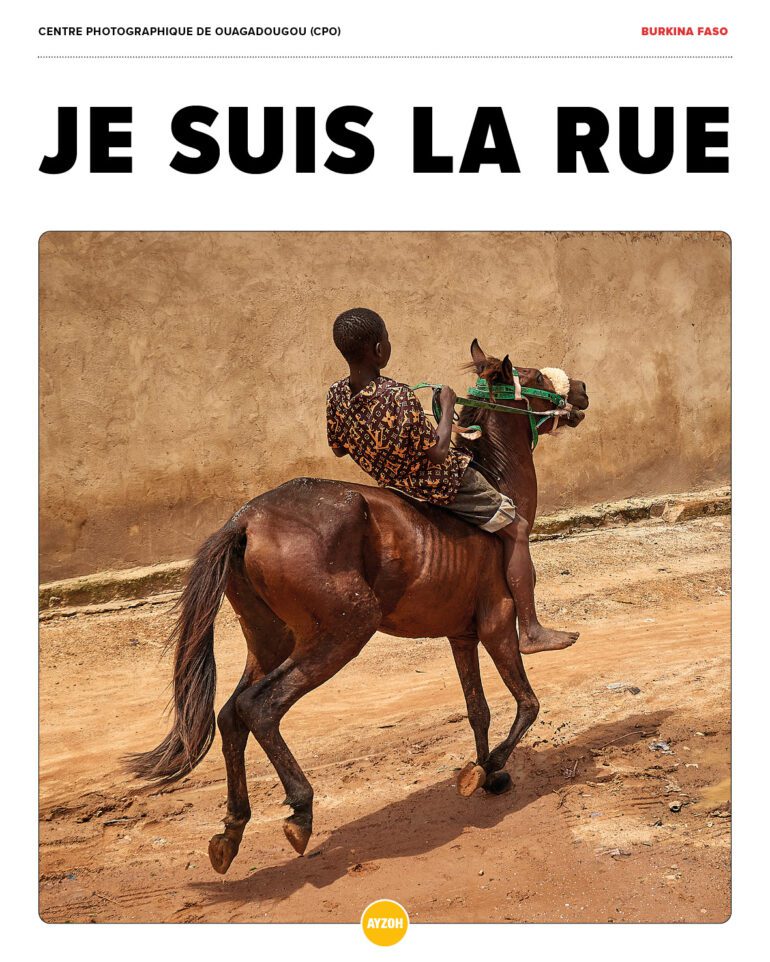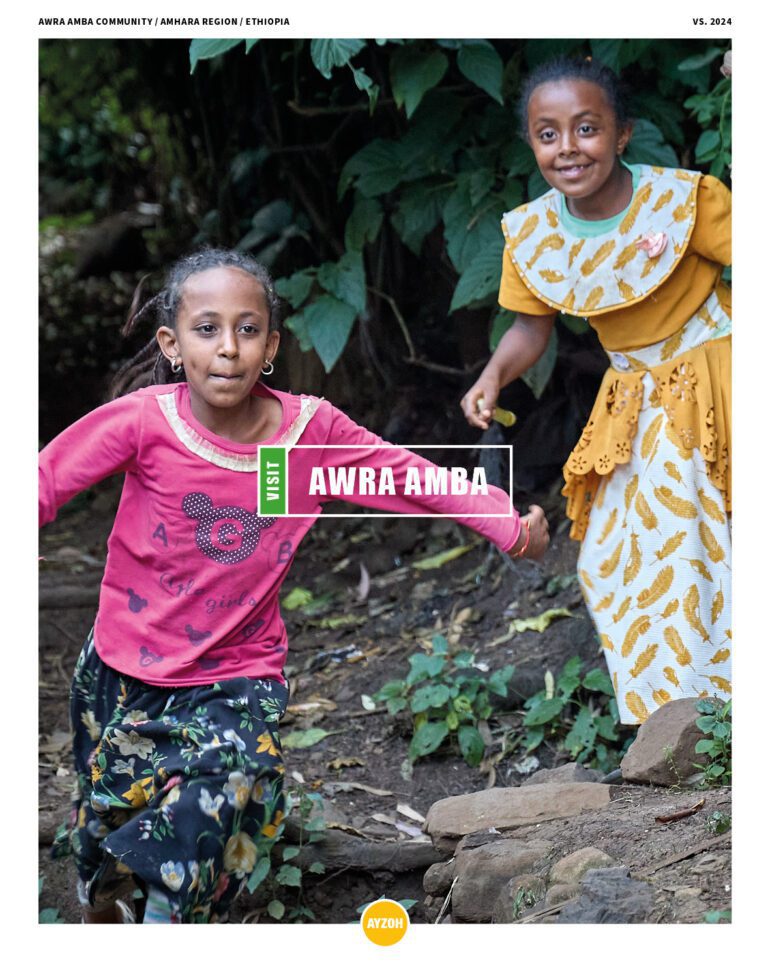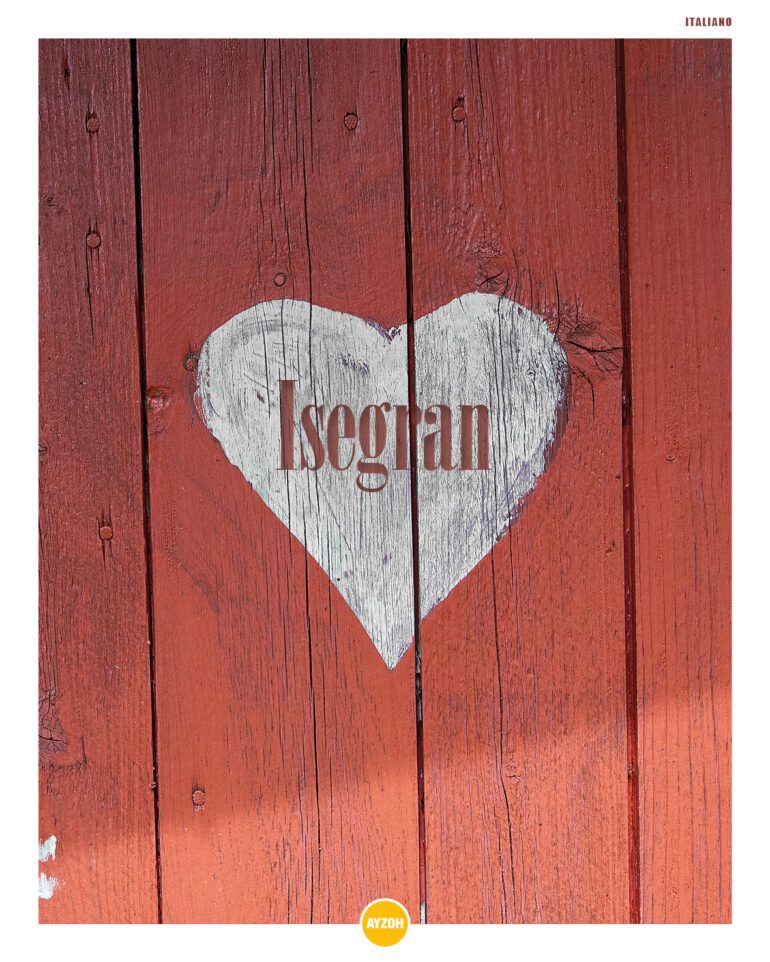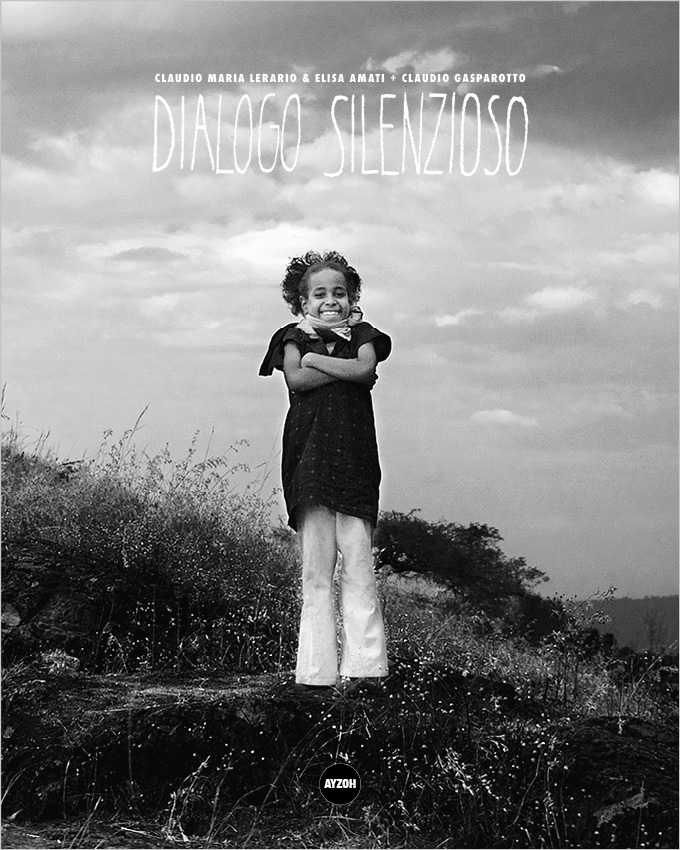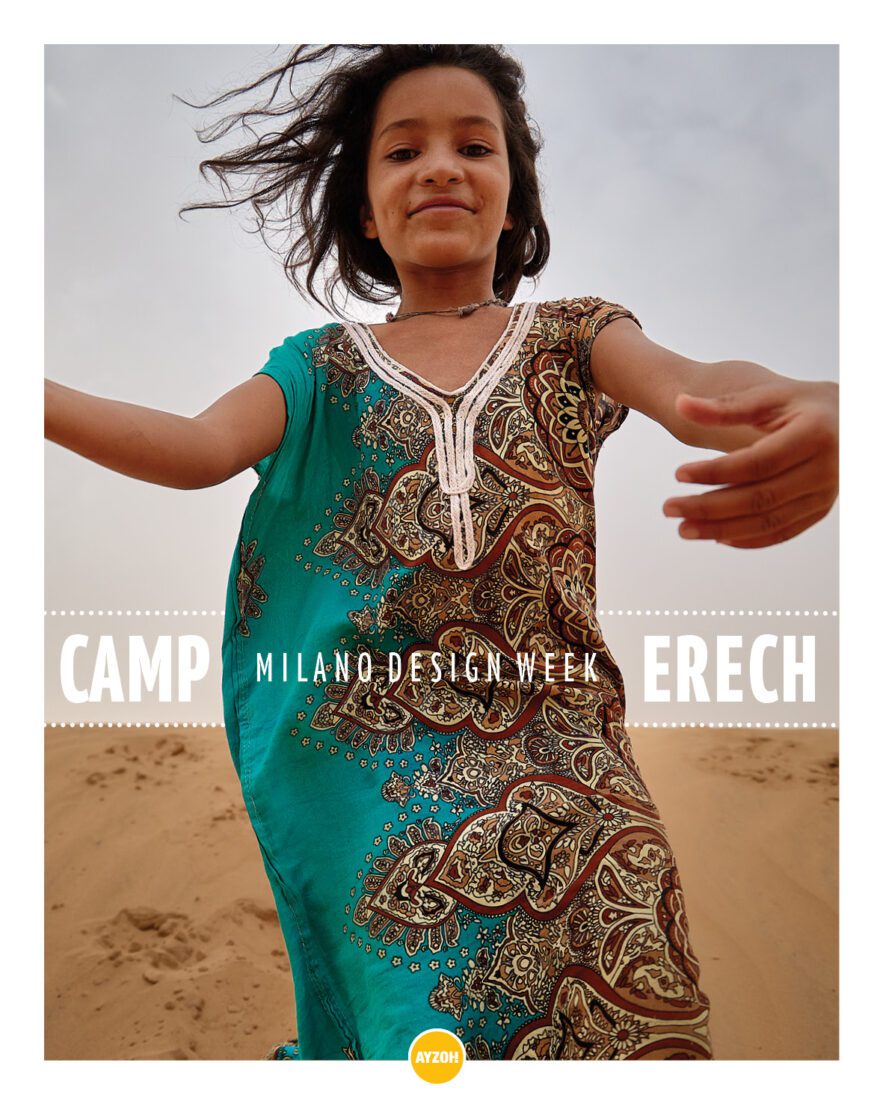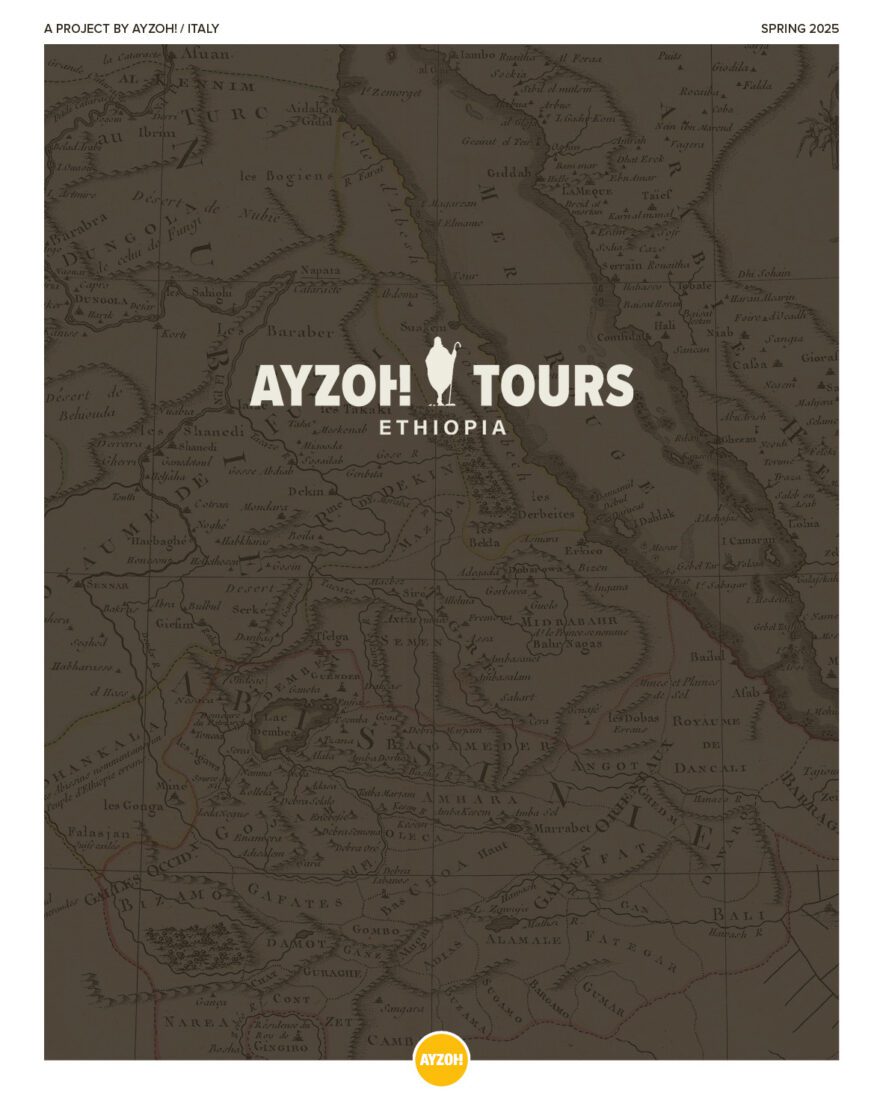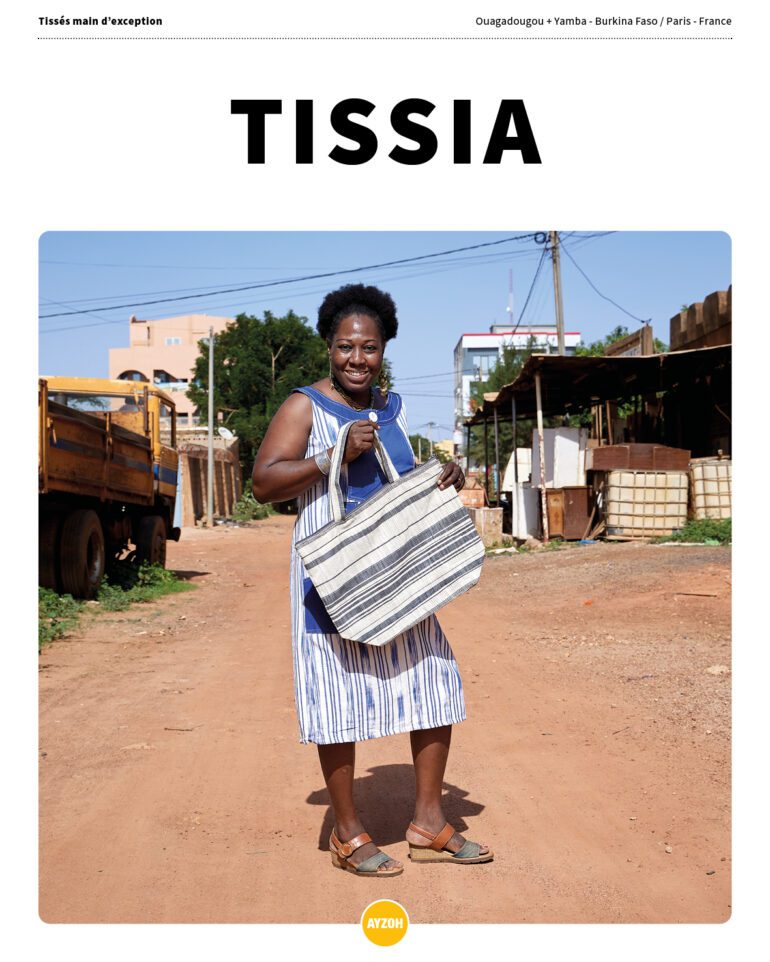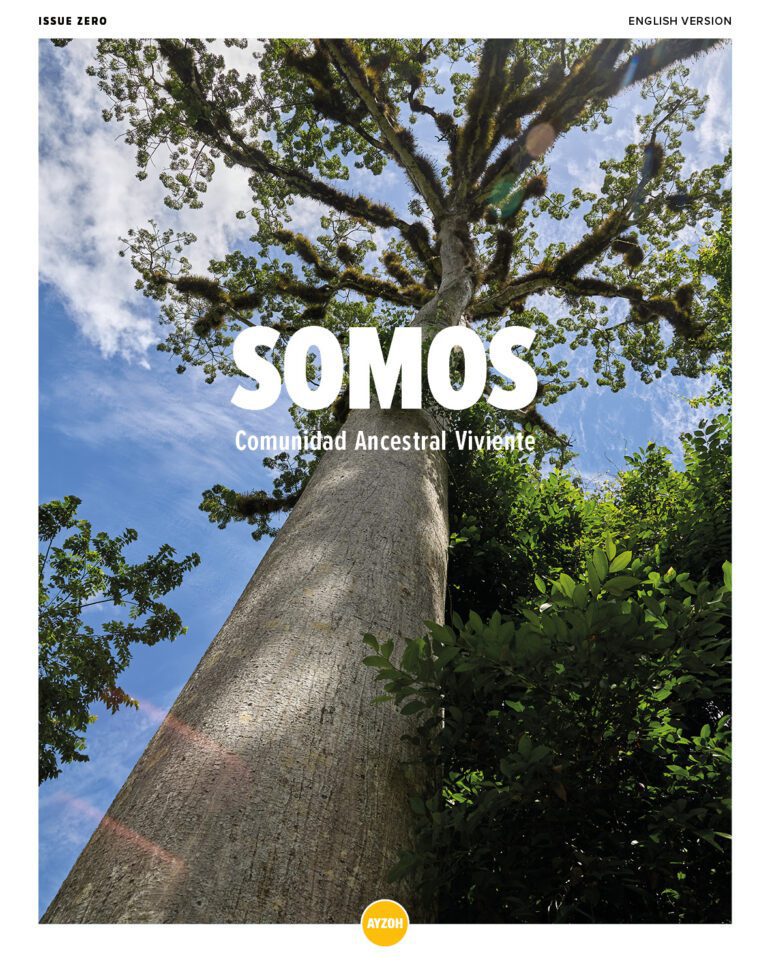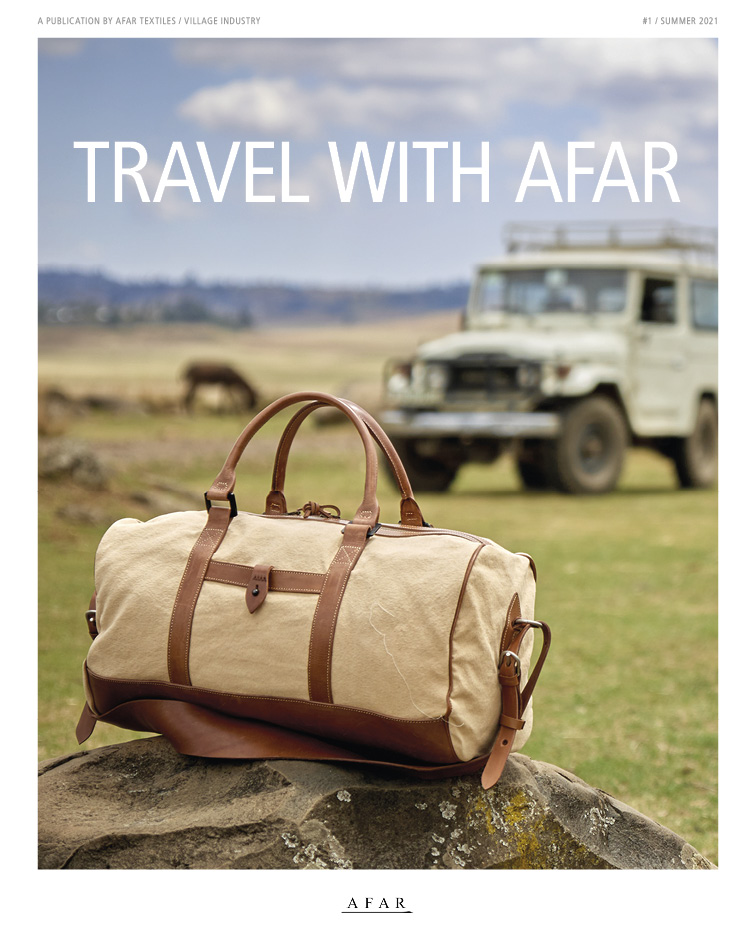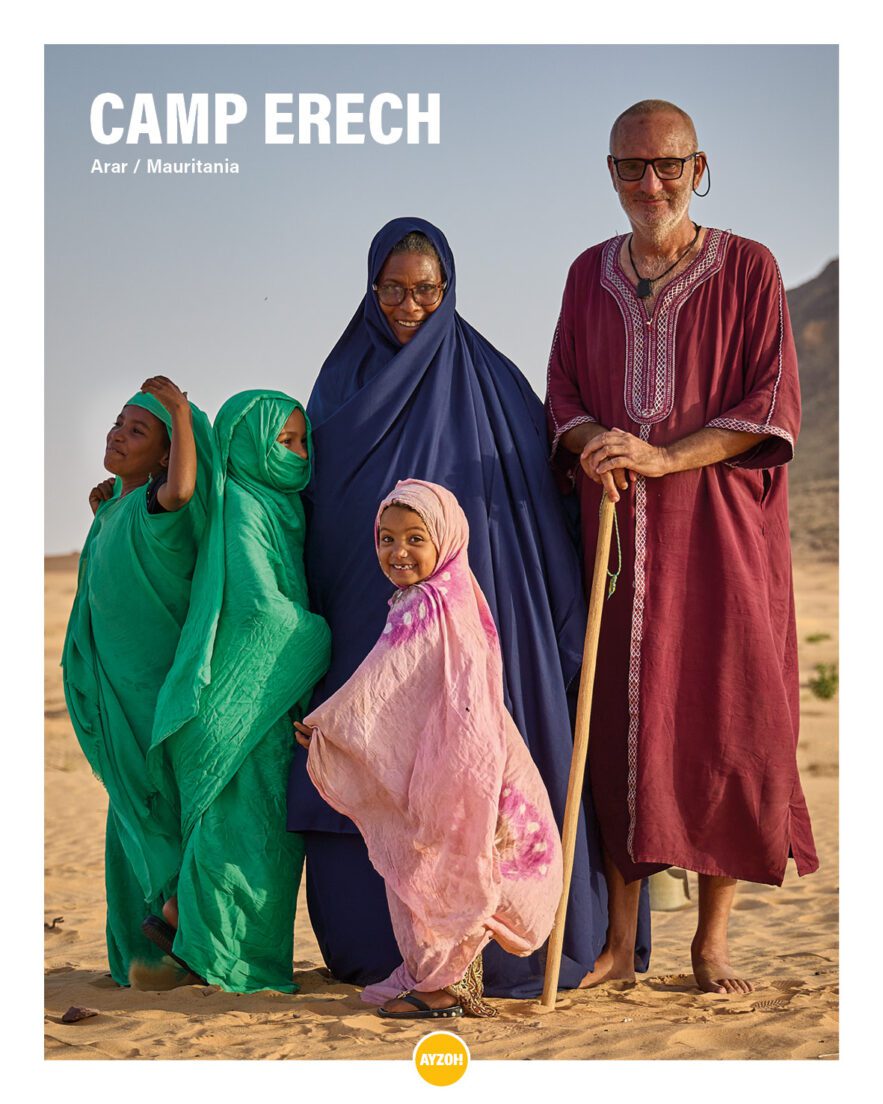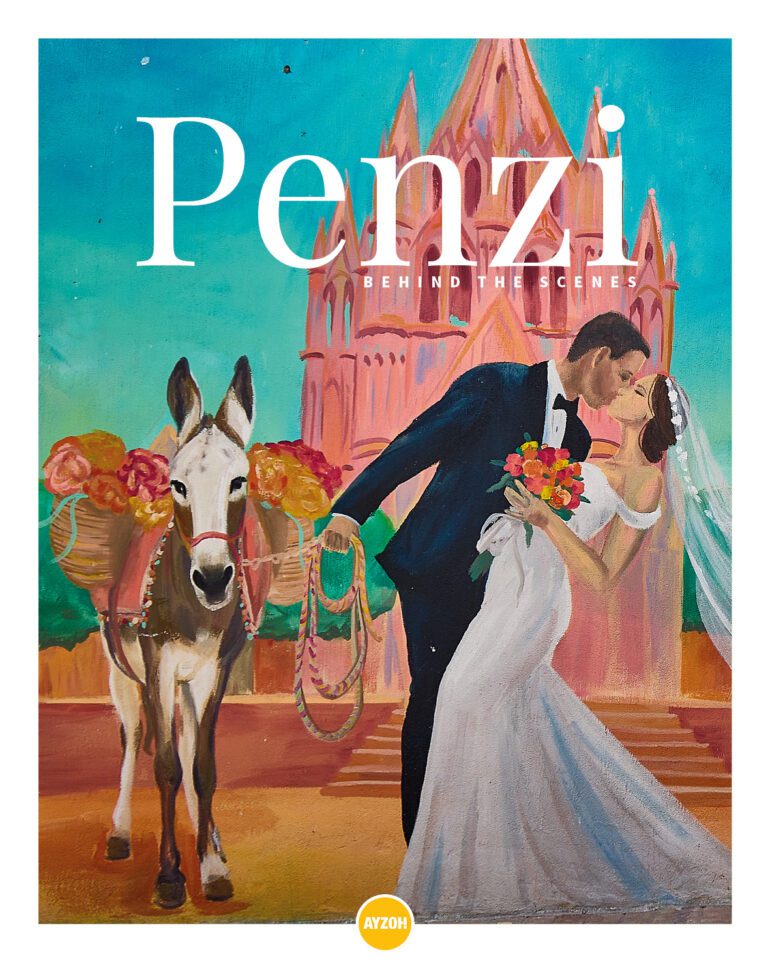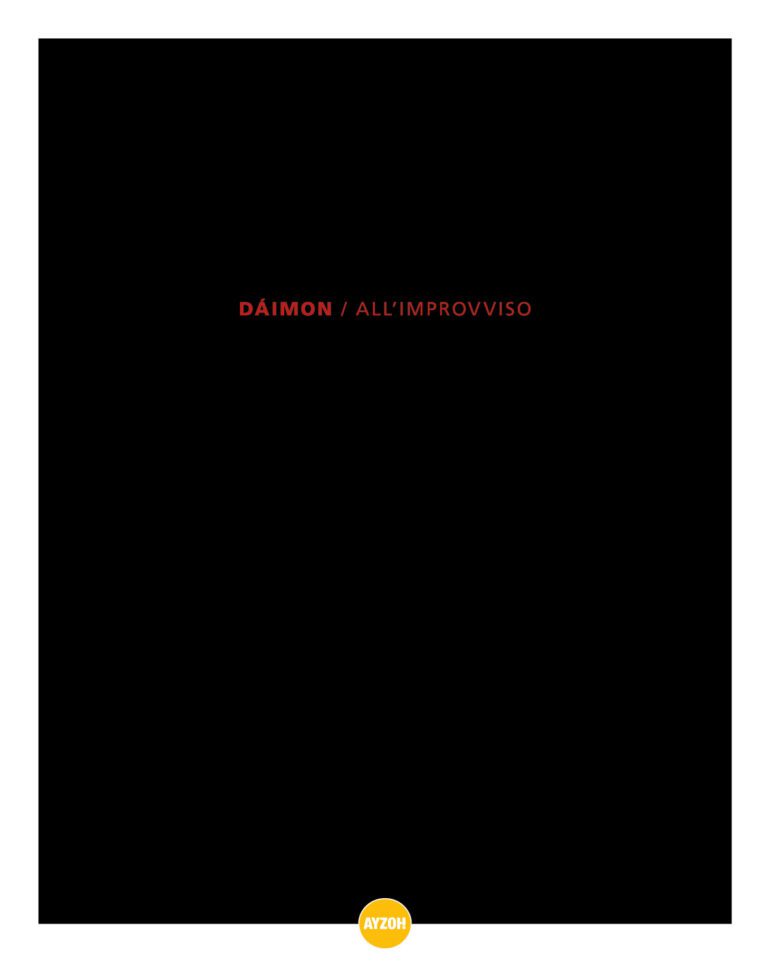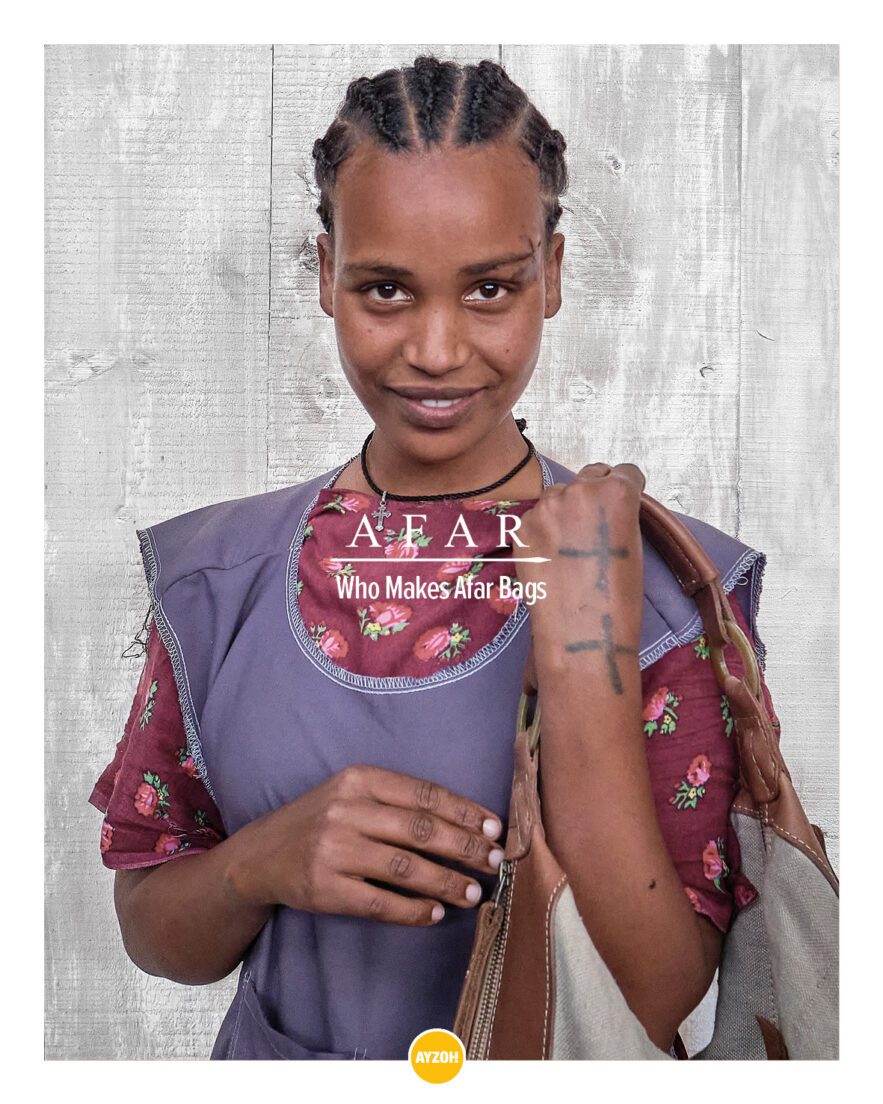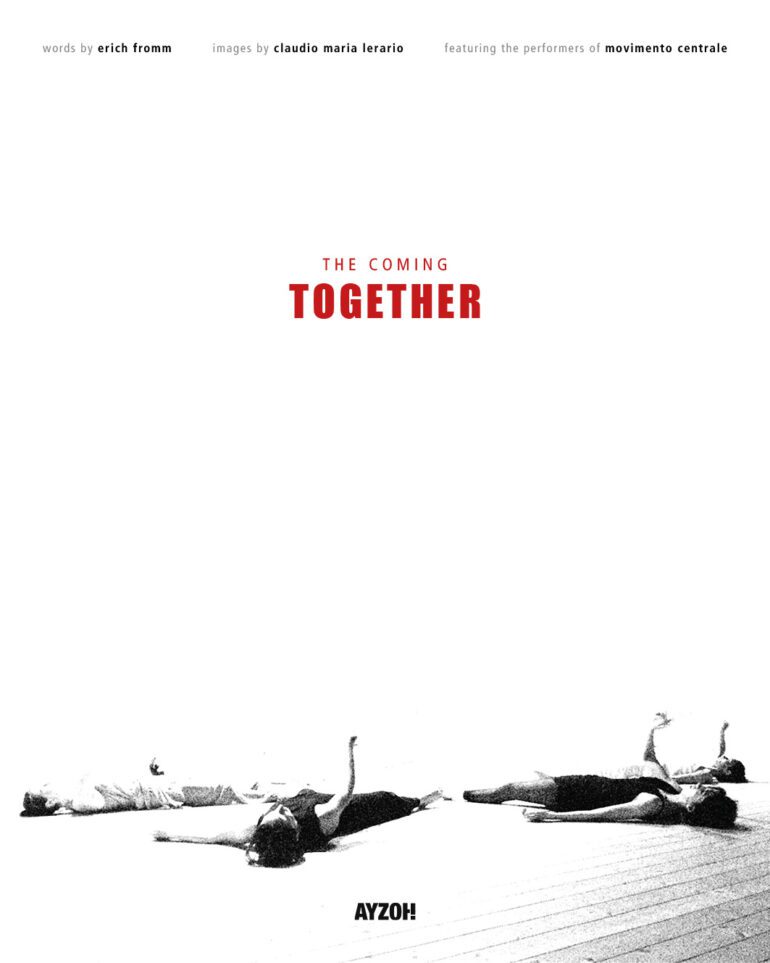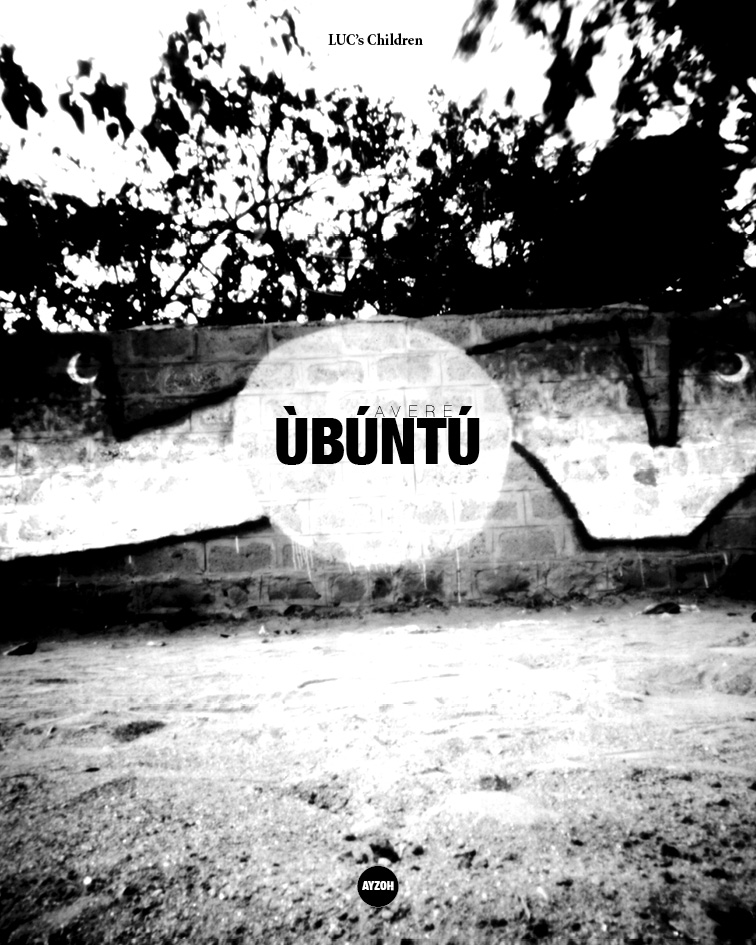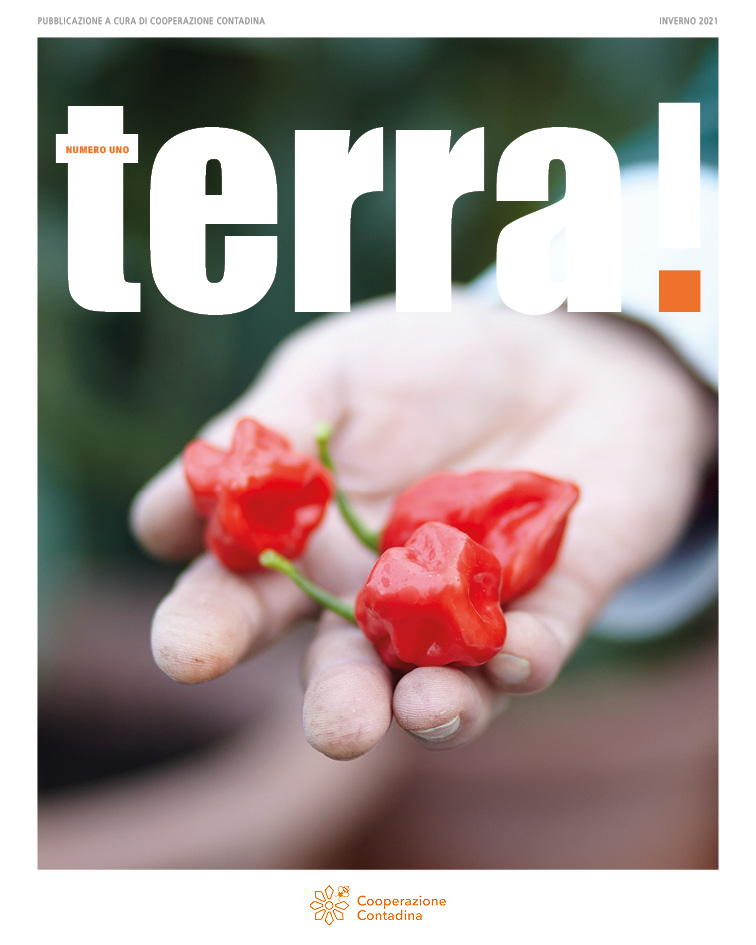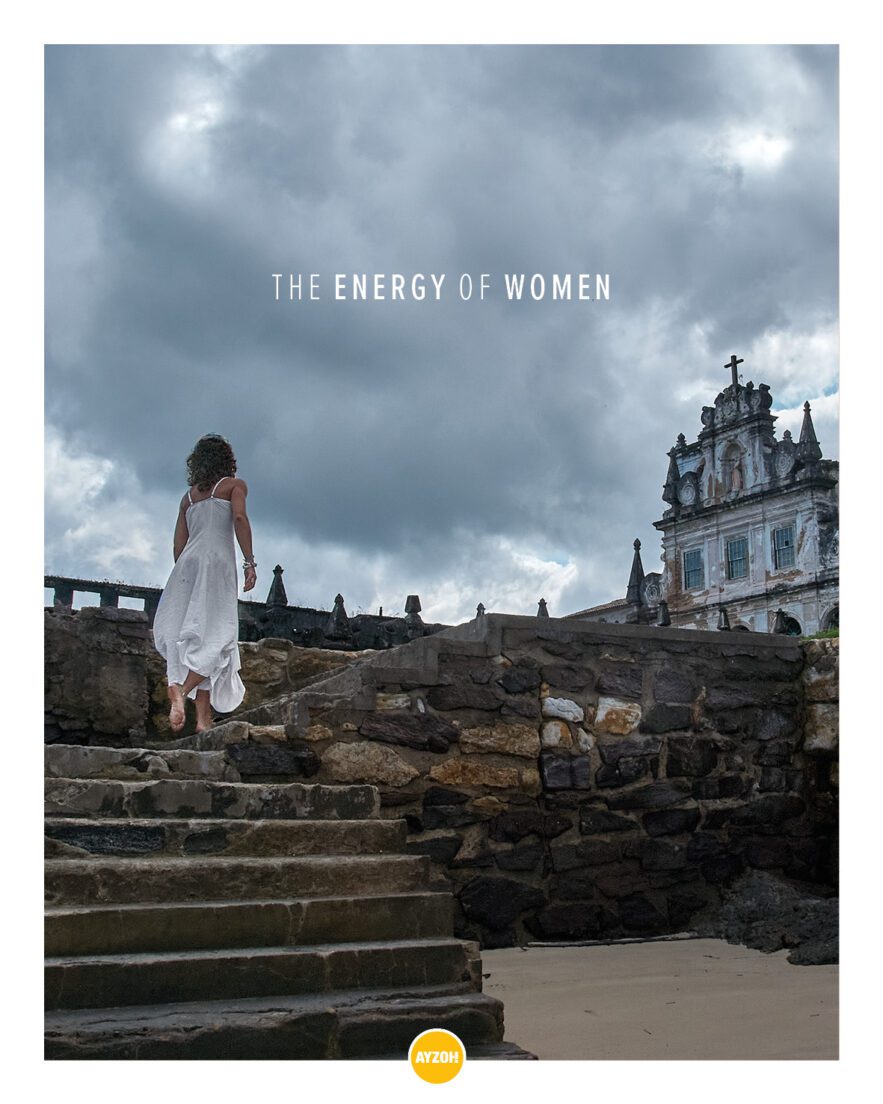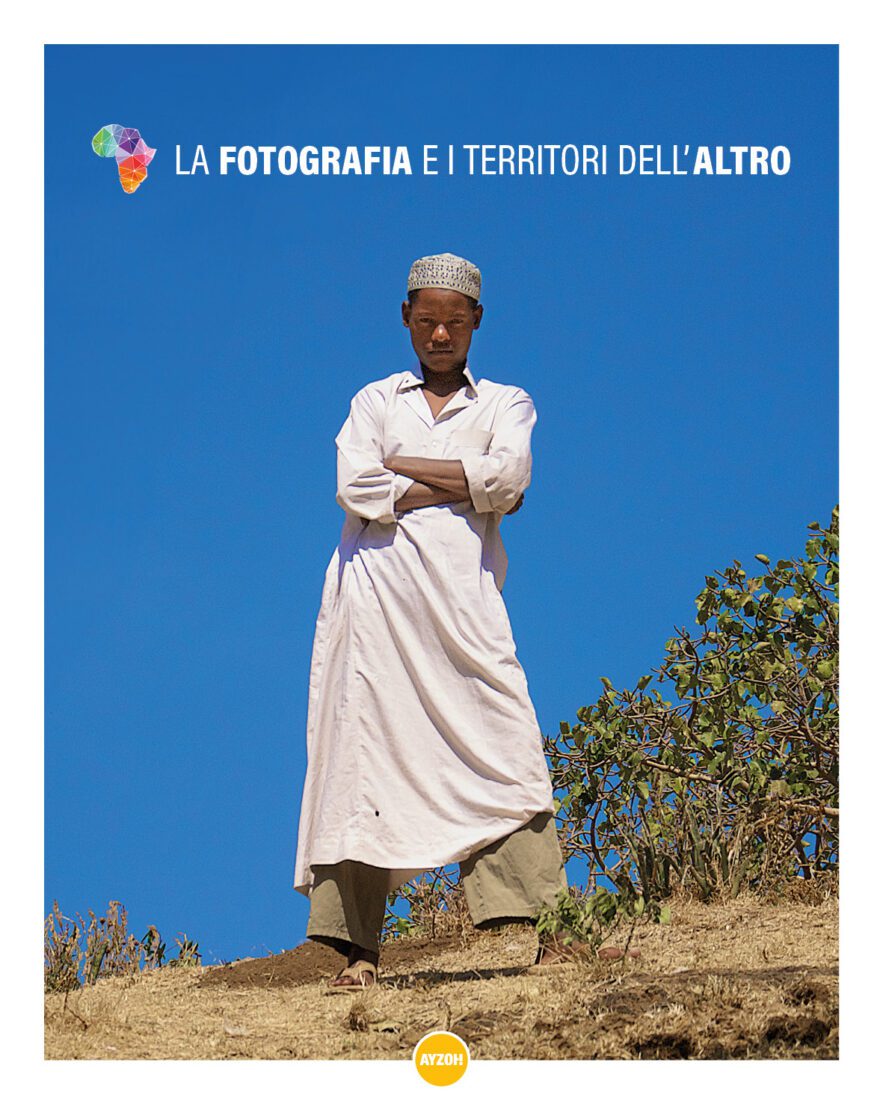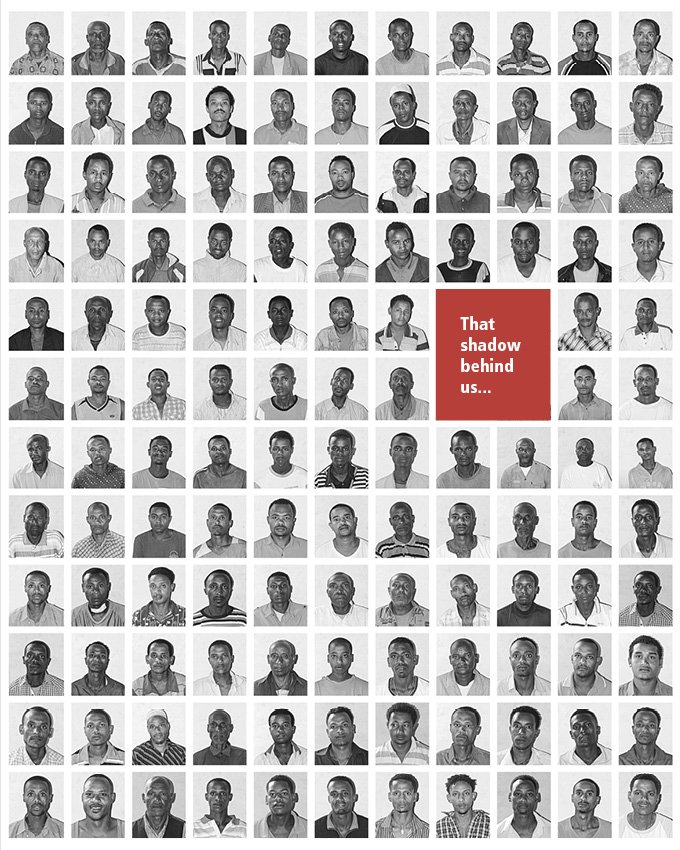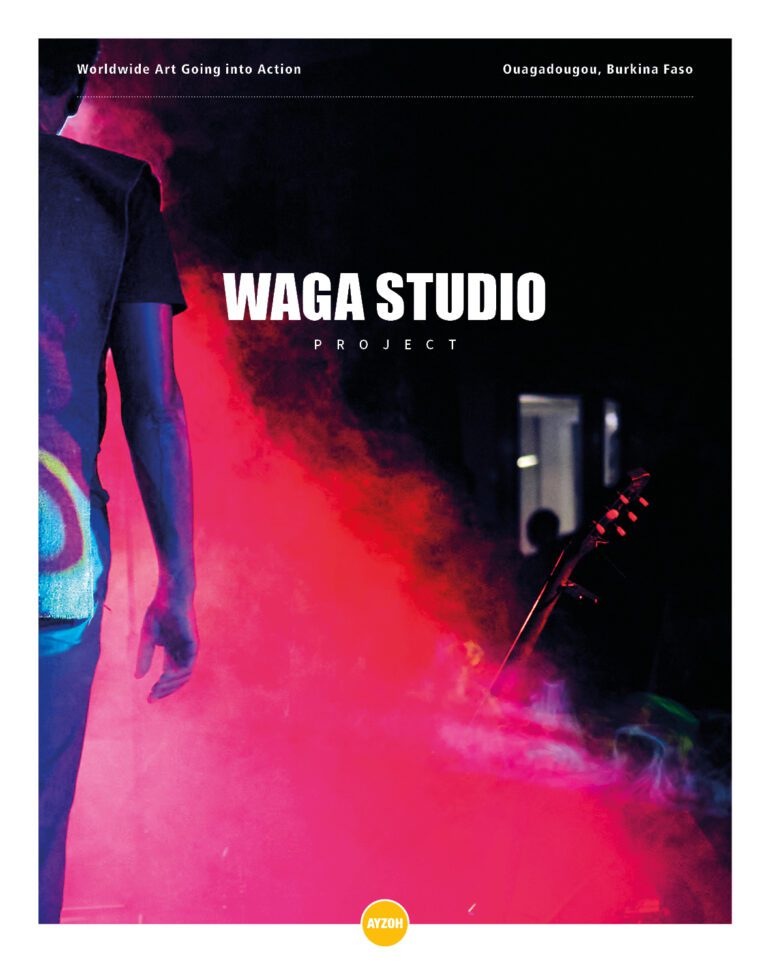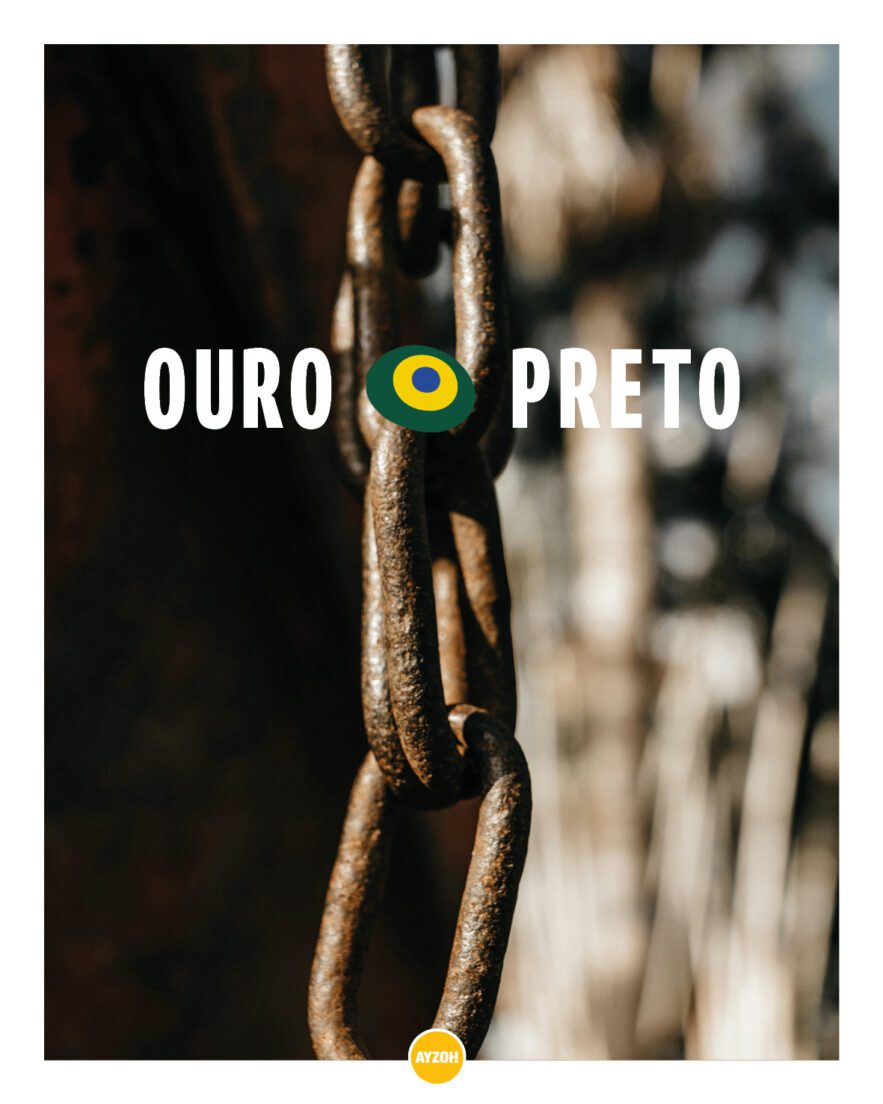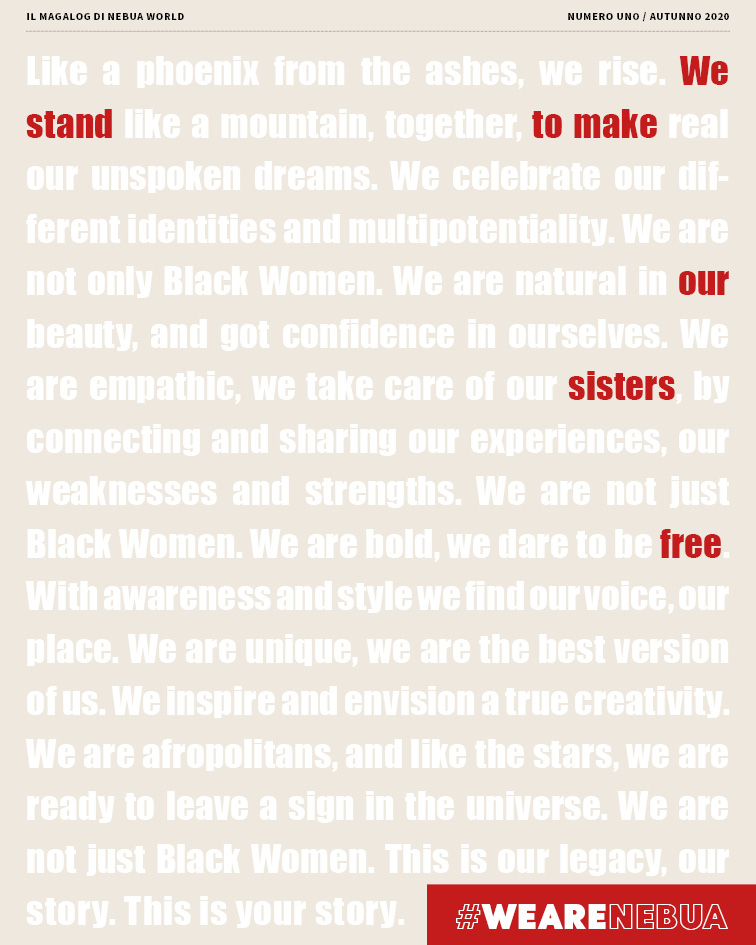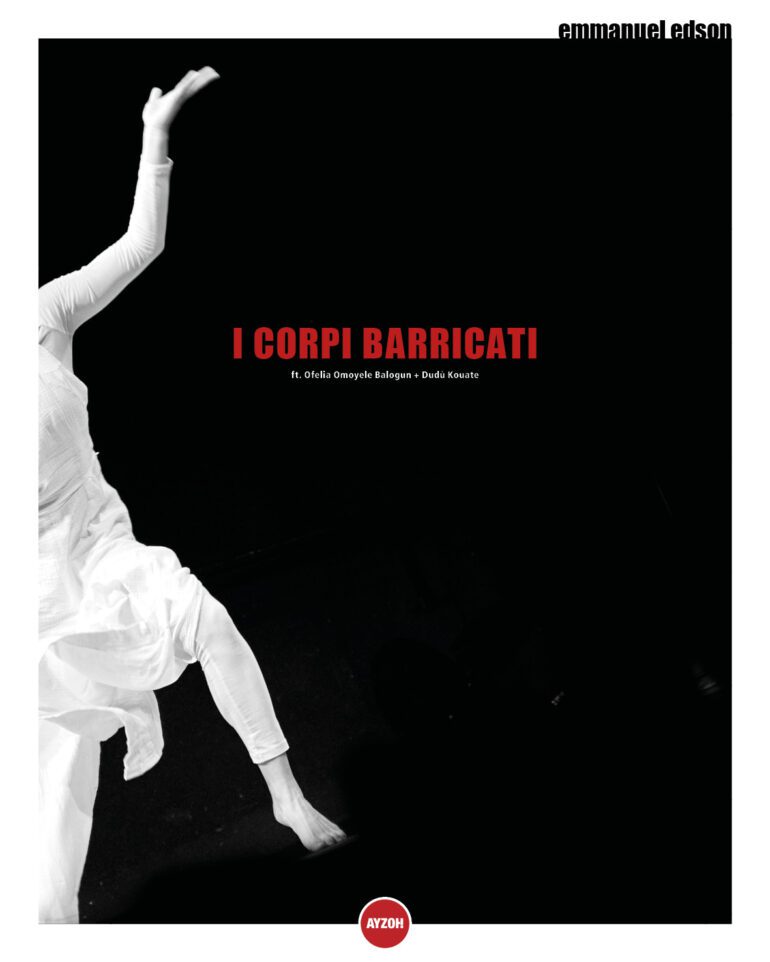As part of the art event “The White Space of the Arts”, Ayzoh! organized a filmmaking workshop for the students of the Einstein High School inside one of the most iconic spaces in Rimini: the Teatro Galli.
Working in a space like this isn’t just a privilege — it’s a learning experience in itself. The theater becomes both subject and setting: a place where stories are told and where young people are invited to tell their own.
Teatro Galli: A Living Monument to the Arts
Designed by the architect Luigi Poletti and inaugurated in 1857, the Teatro Galli is a symbol of Rimini’s commitment to cultural life. It bears the name of Antonio Galli, a local composer, and was originally conceived in the neoclassical style — symmetrical, elegant, and designed to embody harmony between architecture and music.
The theater was long a reference point for opera, ballet, and drama in central Italy. It survived wars, neglect, and partial destruction — especially during WWII — and has only recently been fully restored, re-emerging not as a relic but as a contemporary cultural hub.
Its central location in Rimini’s historic center makes it more than just a venue: it is a civic space, where memory, beauty, and the arts intersect.
Workshop as Encounter
Inside this environment charged with history and performance, Ayzoh! invited students to explore the language of cinema — not as entertainment, but as a tool for expression, analysis, and collaboration.
Filmmaking is a collective act. Like theater, it involves choreography, voice, rhythm, light. It demands both attention and improvisation. During the workshop, students experimented with framing, storytelling, and movement — using the architecture and acoustics of Teatro Galli as material for their own creative practice.
They also reflected on the role of spaces like this: What does it mean to tell stories in a theater designed 170 years ago? What do these walls remember? How can history become part of the script?
Seeing With New Eyes
At Ayzoh!, we believe in the power of the arts to shape perception. Offering workshops in places like the Teatro Galli allows students to see their city differently — not just as a backdrop, but as a field of possibilities. The contrast between past and present, tradition and experimentation, creates a fertile space where curiosity grows.
This is especially important at a time when young people are often overwhelmed by passive images and fleeting content. Through guided filmmaking, they are invited to slow down, compose, observe, and above all, to choose what to show and how to show it.
The Theater as a Civic Tool
Beyond its beauty and prestige, the Teatro Galli represents something more: the idea that public institutions can and should support learning, creativity, and dialogue. By opening its doors to young filmmakers, the theater affirms its role not only as a stage for established artists, but as a platform for emerging voices.
For Ayzoh!, this alignment is essential. Our work — whether in Ethiopia, Mexico, or Italy — begins with the same principle: empower people to tell their own stories, in their own languages, through the tools of art and observation.



























